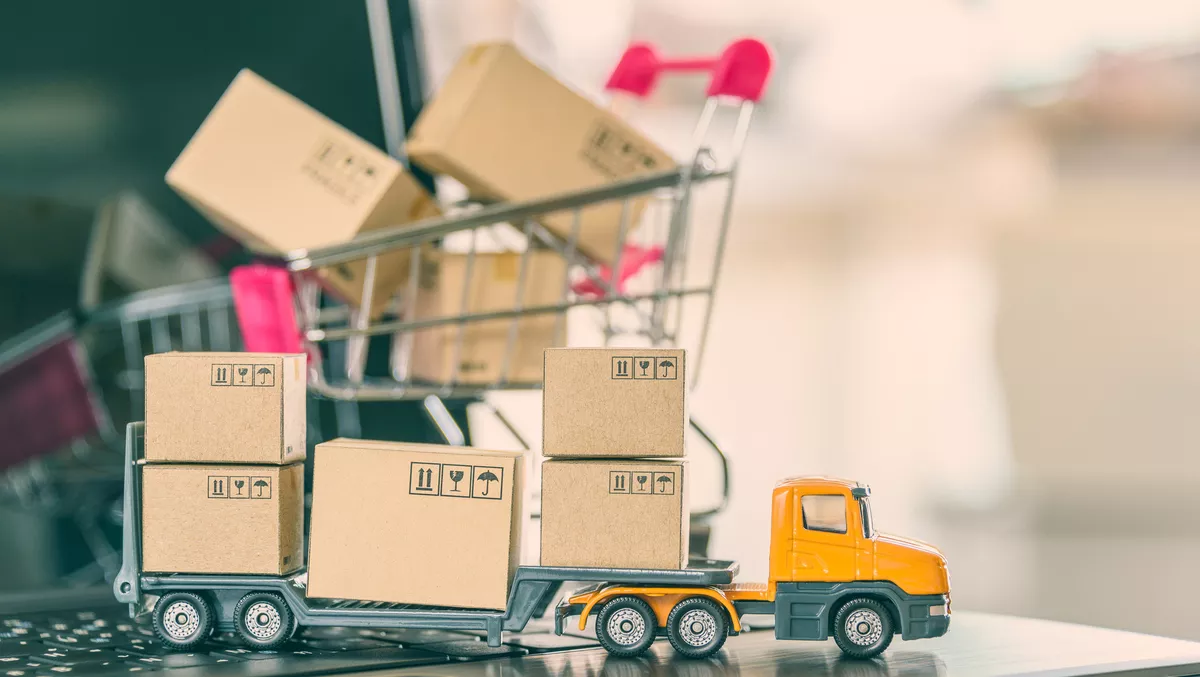
Great expectations: Kiwi consumers may be let down over Christmas
New research has revealed Kiwis have expectations of quick, cheap and free delivery in the age of online shopping, but expected delays over the Christmas period may cause a change in generally positive attitudes.
Interestingly, almost three quarters (71%) of Kiwis were satisfied with their delivery experiences over the past year, but just 4% would return to a retailer after a poor experience.
Kiwis have also been found to have relatively high standards regarding expected delivery costs, with almost two-thirds (63%) of thinking three to five days of delivery service should be free and close to half (46%) believing one to two days should come without cost.
The research comes from a study by HERE technologies, which conducted a survey that asked consumers various questions about their shopping habits and expectations. There were 1,200 Kiwis and Australians surveyed, with other factors like traffic estimations and regional location also taken into account.
With the high expectations also came the risk of disappointment, and the survey suggested increased delivery delays and supply chain issues may hinder Kiwis positive outlook leading up to the Christmas season.
While truck drivers have been on near-empty roads through lockdowns, data pulled from HERE's platform shows congestion was up by a third already as of Tuesday last week. This and other traffic data signals a possible delay.
HERE Technologies director and head of business for Oceania Daniel Antonello, says this is one of the numerous factors that could impact Kiwi consumers and prevent them from getting their Christmas gifts in their expected time frame.
"Truck drivers were driving on near empty roads during lockdowns, but it is starting to show signs of creeping up to congestion levels we were seeing pre-lockdown. With the return of passenger vehicles and a busy shopping period ahead with many still likely to look to eCommerce, it is going to be a logistical challenge – on top of well documented congestion at the port itself."
He says the landscape of online shopping has also changed, leading to increased demand and expectations throughout the COVID-19 pandemic.
"The duration of physical retail closures has resulted in a change in consumer behavior for the long-term. eCommerce is now a go-to for most as opposed to filling a pandemic-induced gap," he says.
"As the festive shopping period approaches, retailers should be anticipating multichannel commerce with a weighting towards online, which will pose a challenge in terms of stock management and consistency of experience.
ABI Research principal analyst Susan Beardslee agrees and sees this as a motive for new opportunities and progress in the eCommerce sector.
"Asia Pacific, including New Zealand, is leading global eCommerce at nearly 40% of total retail and nearly US $2 trillion in revenue in 2021. This historic demand cuts across all transport modes from road, air, ocean, and rail, to fulfilment centers and reveals gaps and bottlenecks in the supply chain. However, opportunities abound to greatly enhance transparency, integration, flexibility, and automation across the supply chain," she says.
HERE technologies used Pollfish to help conduct the survey, and the data was collected in September 2021 from the 1,200 residents aged between 18 and 54.


